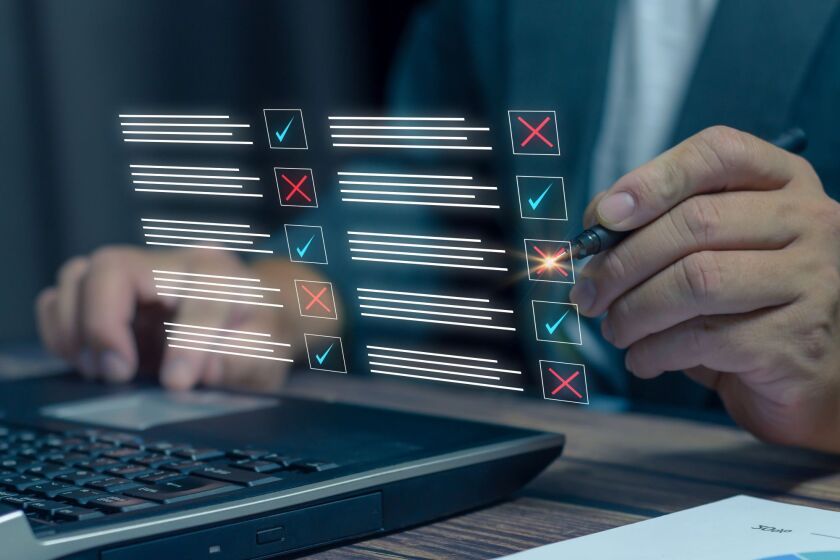Why does Intellectual Property Valuation Matter in Litigation?
Intellectual property is central to business growth, but its value becomes most visible during disputes. Courts

Intellectual property (IP) is often one of the most valuable assets a business owns. In disputes, its value directly affects damages, settlements, and even a company’s reputation. That is why accurate valuation becomes critical in legal proceedings. When a case goes to court, parties need to know the real worth of their patents, trademarks, copyrights, or trade secrets. Without reliable figures, it is challenging to substantiate claims, negotiate settlements, or fulfil court requirements. In this context, professional input from IP Valuation Firms ensures that decisions are based on credible and defendable numbers.
What Intellectual Property Valuation Involves
To understand its role in litigation, it helps to know what IP valuation includes. IP Valuation Firms is the process of determining the monetary worth of intangible assets such as patents, trademarks, or trade secrets. Experts use recognized methods, including cost-based, market-based, and income-based approaches. Each method has its own relevance, depending on the type of asset and the nature of the dispute. The process requires legal clarity, accurate financial data, and a thorough examination of the competitive market.
Why Valuation Matters in Litigation
Valuation plays several vital roles during legal conflicts.
- Calculating damages: Courts require concrete figures to assess lost profits or reasonable royalties.
- Negotiating settlements: Reliable numbers give both parties a basis for compromise.
- Supporting expert testimony: Judges and juries rely on valuation experts to understand the financial impact.
- Assessing remedies: The value of the IP helps determine the scale of injunctions or compensation.
Together, these points demonstrate how valuation serves as the foundation of most IP-related disputes. Businesses that rely on IP Valuation Firms gain an edge in court by presenting data that withstands legal scrutiny.
Challenges in IP Valuation for Legal Disputes
Even though it is essential, valuation in litigation is not simple. Forecasting revenue streams from IP is a complex process. Technology changes, markets evolve, and new competitors emerge quickly. Legal uncertainties also add to the challenge. Questions about validity, enforceability, or the scope of protection can significantly alter value. Moreover, finding reliable comparable data is often hard. These hurdles make it crucial to have experts who can effectively combine financial analysis with legal expertise.
Best Practices for Effective Valuation
Parties can strengthen their position in litigation by following some best practices.
- Engage valuation experts early in the process.
- Gather solid records such as contracts, registrations, and revenue data.
- Use more than one valuation method for a balanced view.
- Ensure transparency in assumptions and data sources.
By following these steps, companies reduce disputes over figures and increase the credibility of their claims.
Conclusion
Intellectual property is central to business growth, but its value becomes most visible during disputes. Courts, investors, and negotiating parties all require reliable figures to inform their decisions. Weak or unsupported valuations can result in significant financial losses or missed opportunities for settlements. This is why many turn to IP Valuation Firms for professional, defensible assessments. Their work not only quantifies the worth of intangible assets but also strengthens legal strategies. In litigation, firm valuation is not just about numbers; it is about proving the real impact of intellectual property on a business’s future.




